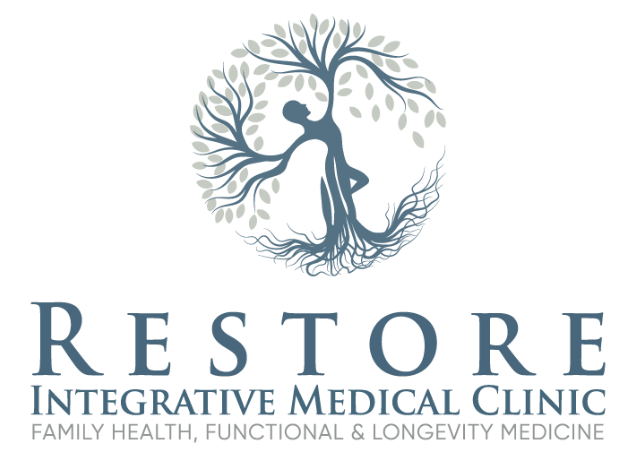
Cancer diagnosis and treatment place tremendous physical and emotional stress on the body. Among the many factors that influence recovery, the importance of sleep for cancer recovery cannot be overstated. Quality sleep acts as a vital biological process that aids healing, strengthens immune defenses, modulates inflammation, and supports cognitive health—all essential for improving treatment outcomes and overall well-being in people with cancer.
This blog explores the science-based role of sleep in cancer recovery, the consequences of disrupted sleep during treatment, and practical strategies to improve sleep quality as part of integrative cancer care.
Why Sleep Matters in Cancer Recovery
Sleep is a crucial time when the body carries out cell repair, hormone regulation, and immune system strengthening. For cancer patients, these processes are especially important as treatments like chemotherapy and radiation cause cellular damage, inflammation, and fatigue.
Research shows that good-quality sleep:
- Supports Immune Function: During sleep, the body produces proteins called cytokines that help fight infections and inflammation. A well-rested immune system is better equipped to combat cancer cells and recover from treatment-related stress.
- Promotes Healing and Tissue Repair: The restorative phase of sleep aids cell regeneration and muscle repair, helping the body rebuild after the rigors of cancer therapy.
- Reduces Inflammation: Chronic inflammation is linked to cancer progression and treatment side effects. Sleep helps to regulate inflammatory processes, lowering pro-inflammatory markers.
- Enhances Cognitive Function: Sleep supports memory consolidation and mental clarity, which cancer patients often report as “chemo brain” or cognitive fog.
Clinical studies further link better sleep quality to improved treatment responses, reduced symptom burden, and even longer survival rates among cancer patients.
Sleep Disruption and Its Impact on Cancer Patients
Despite its importance, sleep disturbances are common in cancer patients, affecting up to one-third of survivors with symptoms like insomnia, fragmented sleep, and altered circadian rhythms. These disruptions can result from:
- Physical discomfort or pain from tumors or treatments
- Anxiety, depression, and psychological stress
- Side effects of medications
- Hormonal imbalances
- Hospital or treatment environment disruptions
Studies show that poor sleep during cancer treatment correlates with worse prognosis, including shorter time to disease progression and reduced overall survival. Addressing sleep issues is therefore essential to support recovery and enhance quality of life.
Evidence-Based Strategies to Improve Sleep During Cancer Recovery
1. Prioritize Sleep Hygiene
- Maintain a consistent sleep schedule, even on non-treatment days.
- Create a calming bedtime routine to signal relaxation.
- Limit screen time and blue light exposure before bed.
- Make your bedroom dark, quiet, and cool for optimal sleep conditions.
2. Manage Stress with Mind-Body Therapies
Stress and anxiety interfere with sleep. Practices such as mindfulness meditation, yoga, and gentle tai chi have shown efficacy in improving sleep quality among cancer patients. These also provide additional benefits for fatigue and emotional well-being.
3. Address Physical Symptoms
Treat pain, nausea, and other discomforts proactively with the help of your healthcare team to minimize sleep interruption.
4. Consider Cognitive Behavioral Therapy for Insomnia (CBT-I)
CBT-I is a non-pharmacological intervention with strong evidence for reducing insomnia in cancer survivors, targeting unhelpful thoughts and behaviors around sleep.
5. Optimize Treatment Timing and Environment
Where possible, schedule treatments to minimize disruption to sleep cycles and create supportive environments that facilitate rest.
Conclusion
Quality sleep is a foundational pillar of cancer recovery and immune function. By supporting healing, reducing inflammation, and improving cognitive clarity, sleep positively impacts treatment outcomes and patient quality of life. Cancer patients and survivors should prioritize sleep health as part of a comprehensive, integrative care plan—empowering the body and mind to heal and thrive.
References
- Importance of good night’s sleep during cancer recovery. The Sleep Project. 2022. Read more
- Sleep During Oncological Treatment – A Systematic Review and Meta-Analysis. Frontiers in Oncology. 2022. Read more
- HKUMed reveals tai chi benefits for sleep quality in advanced lung cancer patients. 2024. Read more
